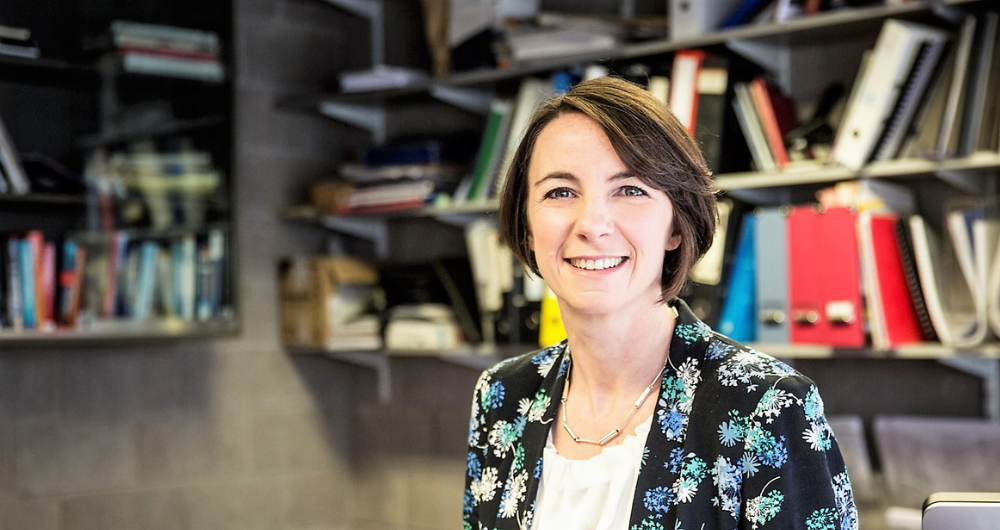
Professor Madeleine Lowery and Dr Emer Doheny awarded COVID 19 Rapid Response research funding
On September 25 2020 Minister Harris announced €5.5million in funding to 41 new projects through COVID-19 Rapid Response Research and Innovation Programme.
Funding focused on supporting projects which respond to the immediate and pressing needs of society arising from the pandemic.
Professor Madeleine Lowery and Dr Emer Doheny of the Insight SFI Research Centre at UCD were awarded €143,685 for their project: ‘Breathe into your phone – a new way to monitor COVID-19 patients at home’.
When someone has been diagnosed with COVID-19 and they are self-isolating, it is important to know if and when their symptoms get worse and they may need to get to hospital.
SFI is funding a project to develop a system where COVID-19 patients who are isolating at home can use the microphone on their smartphone to record their breathing. This information will then be available to doctors, who can assess the patient’s condition. The software will also automatically predict and signal if a patient is at risk and in need of hospitalisation.
The technologywill integrate with the existing remote monitoring system used by Irish hospitals, and it will add the function of measuring breathing rate, which is not currently supported.
The project at UCD will develop software that analyses a patient’s breathing rate when they record their breathing using their mobile phone. This information is useful for doctors to monitor. It will also develop software to analyse the breathing pattern and automatically predict and signal if the patient needs to go to hospital.
By providing a method to remotely and accurately monitor breathing rate in self-isolating COVID-19 patients and a tool to predict hospitalisation, the research will improve patient care, reduce hospital visits (and the associated infection risk) and allow more effective allocation of hospital resources.
Professor Madeleine Lowery, Professor in the UCD School of Electrical and Electronic Engineering, says: “Monitoring respiration rate is difficult to do remotely. Using this new approach and working with our collaborators and the hospitals, supported by SFI, we hope to use the patient’s own mobile phone to improve remote monitor systems for COVID-19.”